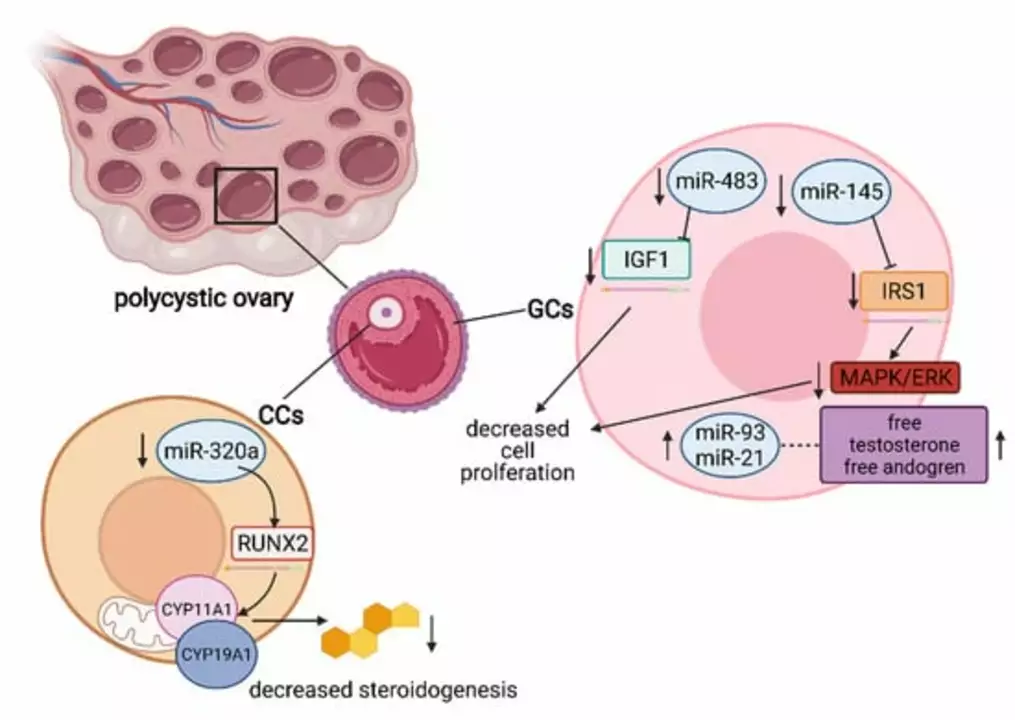Cancer and Oncology: What You Need to Know Right Now
Facing cancer feels overwhelming. You want clear facts, not jargon. This page gives practical explanations of common tests, major treatment types, and what to ask your doctor so you can make better decisions fast.
How is cancer diagnosed? A biopsy is the most definitive test—tissue under the microscope tells doctors the exact cancer type. Imaging (CT, MRI, PET) maps where the cancer is and whether it has spread. Blood tests, including tumor markers and basic labs, help guide treatment and monitor side effects.
Major treatment approaches
Surgery removes visible tumors. Radiation targets cancer cells with focused energy. Chemotherapy uses drugs that kill fast-growing cells and still plays a key role for many cancers. In recent years, two options changed the game: targeted therapy and immunotherapy.
Targeted therapies zero in on specific features of cancer cells—mutations, proteins, or growth signals. For example, angiogenesis inhibitors block blood vessels tumors need to grow. In renal cell carcinoma, drugs that target VEGF signaling have slowed tumor growth and extended survival for many patients. Targeted drugs often come with unique side effects but can be more precise than old-school chemo.
Immunotherapy helps your immune system spot and attack cancer. Drugs called checkpoint inhibitors can unleash immune cells against tumors. Not every cancer responds, but when it works the effects can be long-lasting.
How to choose a treatment and what to ask
Ask if molecular testing (genetic profiling) of the tumor is available—results can open doors to targeted drugs or clinical trials. Ask about goals: is the plan curative, to control growth, or to relieve symptoms? Request a clear schedule of treatments and likely side effects, plus who to call for urgent problems.
Clinical trials matter. They offer access to new drugs and combinations that aren’t broadly available. Ask your oncologist about trials that match your tumor type and genetic profile. Many patients benefit from trials when standard options are limited.
Side effects and quality of life are part of treatment planning. Manageable side effects and early symptom reporting often keep treatment on track. Bring a caregiver to appointments, take notes, and don’t hesitate to ask for supportive care services—pain control, nutrition, and counseling make a real difference.
For specific cancers like renal cell carcinoma, targeted angiogenesis inhibitors are one clear example of progress. But every cancer and every person is different—what worked for one patient may not be right for another. Use reputable sources, ask for second opinions when unsure, and keep a treatment notebook with test results and medication lists.
If you want deeper reads or updates on new drugs and trials, this category collects practical posts that explain mechanisms, side effects, and how to approach treatment decisions with your team. Stay proactive, ask clear questions, and lean on your care team—knowledge helps you act with confidence.
Understanding the Role of Angiogenesis Inhibitors in Renal Cell Carcinoma Treatment

In my recent research, I've come to understand the crucial role angiogenesis inhibitors play in treating renal cell carcinoma (RCC). These inhibitors work by targeting the blood vessels that supply tumors with nutrients, ultimately halting their growth. By blocking the formation of new blood vessels, angiogenesis inhibitors can significantly slow down or even stop the progression of RCC. Currently, several FDA-approved drugs are available for patients that fall under this category of treatment. As I continue to explore this fascinating topic, I am increasingly amazed by the potential of angiogenesis inhibitors in revolutionizing RCC treatment and improving the lives of patients.
- May 16 2023
- Tony Newman
- 11 Comments
